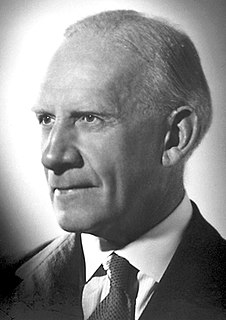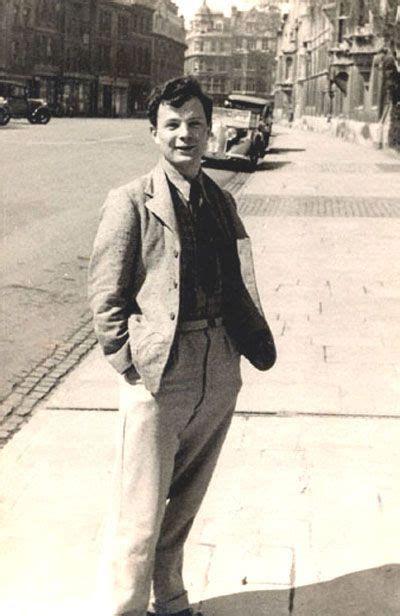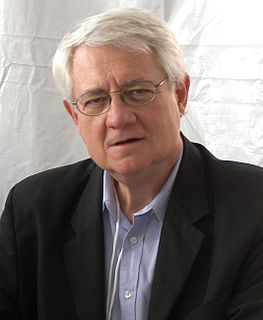A Quote by Maimonides
You will certainly not doubt the necessity of studying astronomy and physics, if you are desirous of comprehending the relation between the world and Providence as it is in reality, and not according to imagination.
Related Quotes
The difference between the Parthenon and the World Trade Center, between a French wine glass and a German beer mug, between Bach and John Philip Sousa, between Sophocles and Shakespeare, between a bicycle and a horse, though explicable by historical moment, necessity, and destiny, is before all a difference of imagination.
All of my experience of studying religion, studying spirituality, studying natural healing, traditional medicine, has kind of enriched my vision of the world. Not only seeing reality as this moment, but as a culmination of all of the history behind us, and all of the fruit that hopefully we will be able to grow from the seeds that we are trying to plant, of goodness and peace and beauty and equality.
The world's most 'primitive' people have few possessions, but they are not poor. Poverty is not a certain small amount of goods, nor is it just a relation between means and ends; above all it is a relation between people. Poverty is a social status. As such it is the invention of civilization. It has grown with civilization, at once as an invidious distinction between classes and more importantly as a tributary relation.
The game I play is a very interesting one. It's imagination in a straightjacket, which is this: that it has to agree with the known laws of physics. ... It requires imagination to think of what's possible, and then it requires an analysis back, checking to see whether it fits, whether its allowed, according to what's known, okay?









































